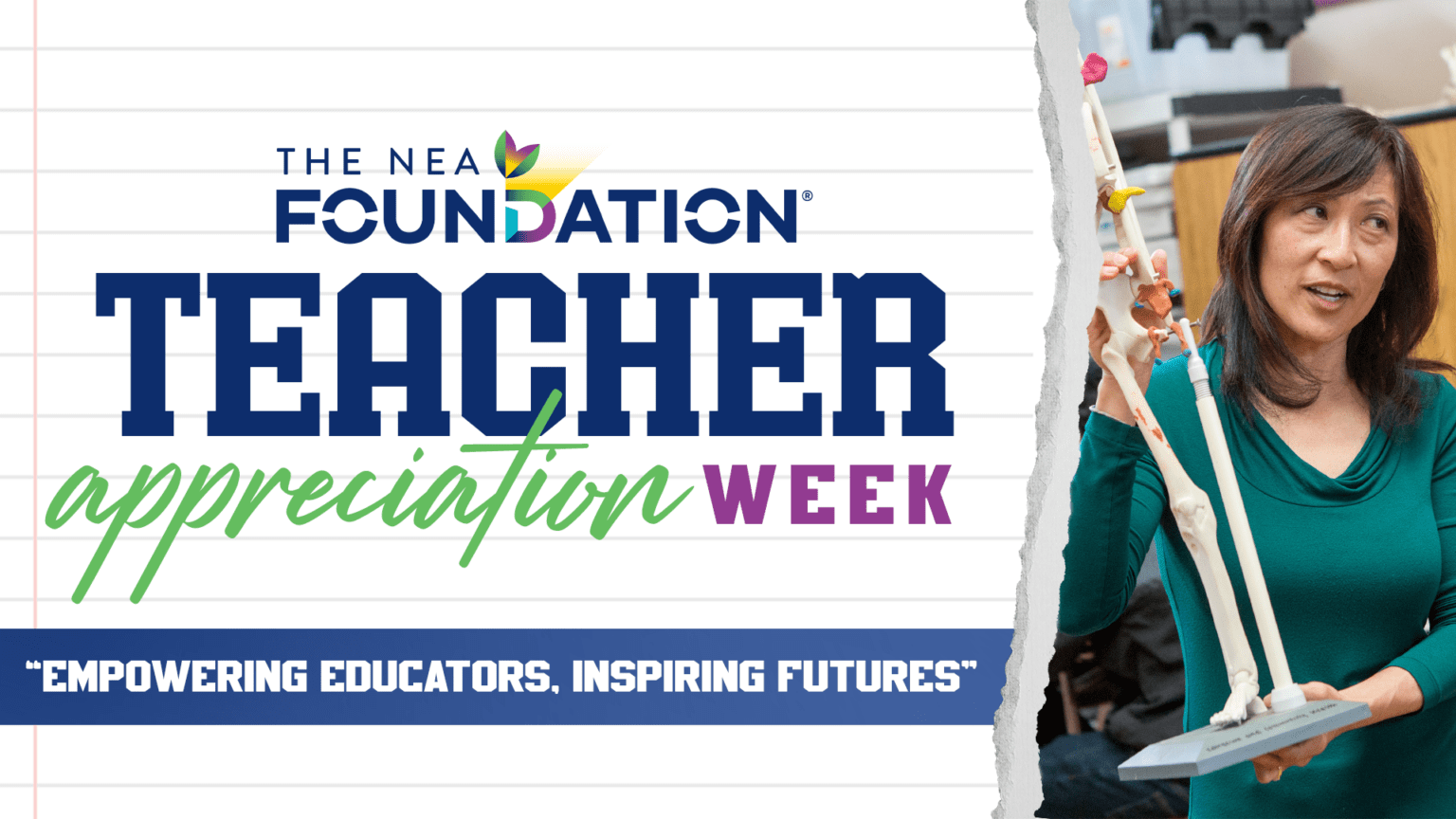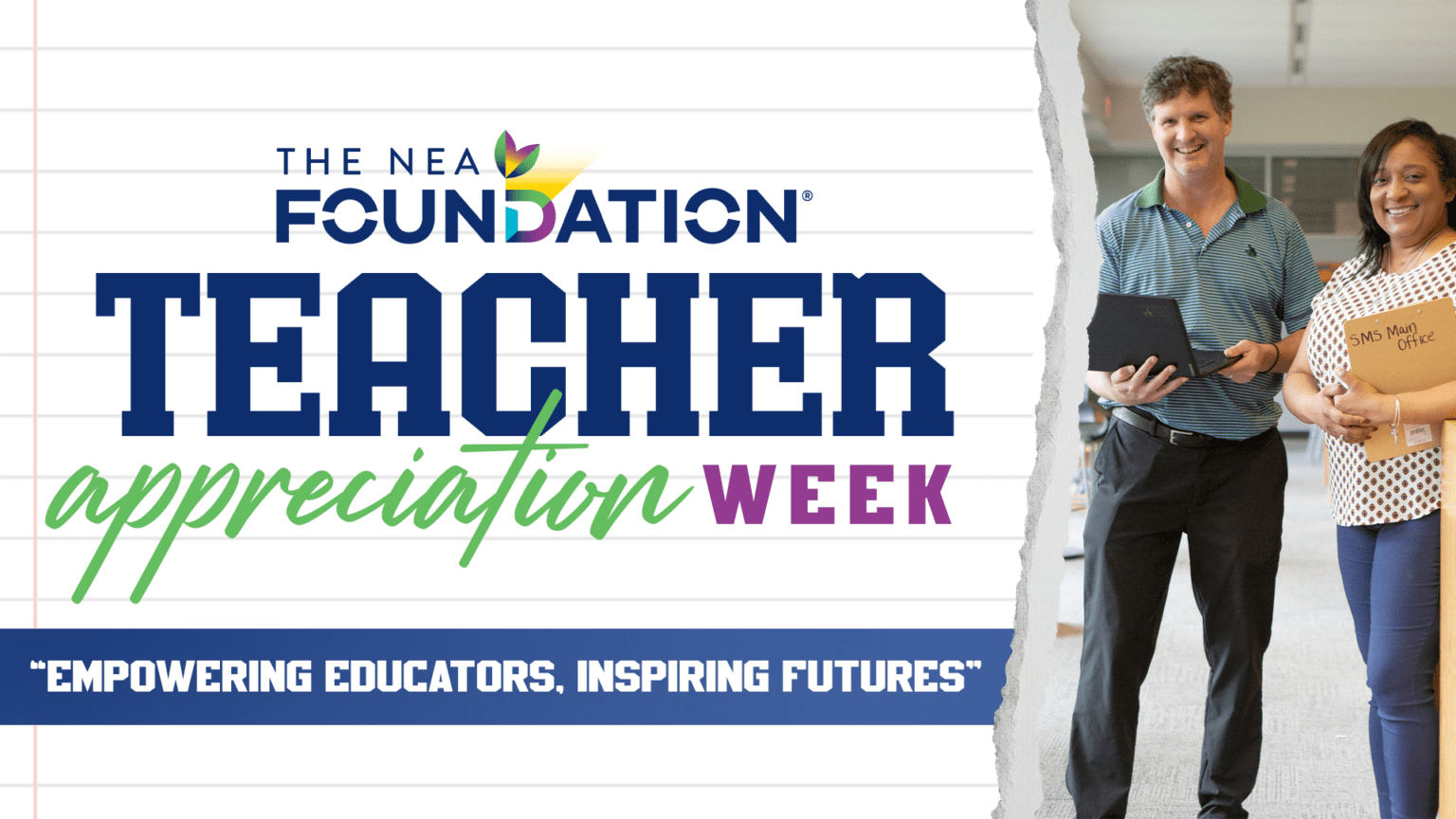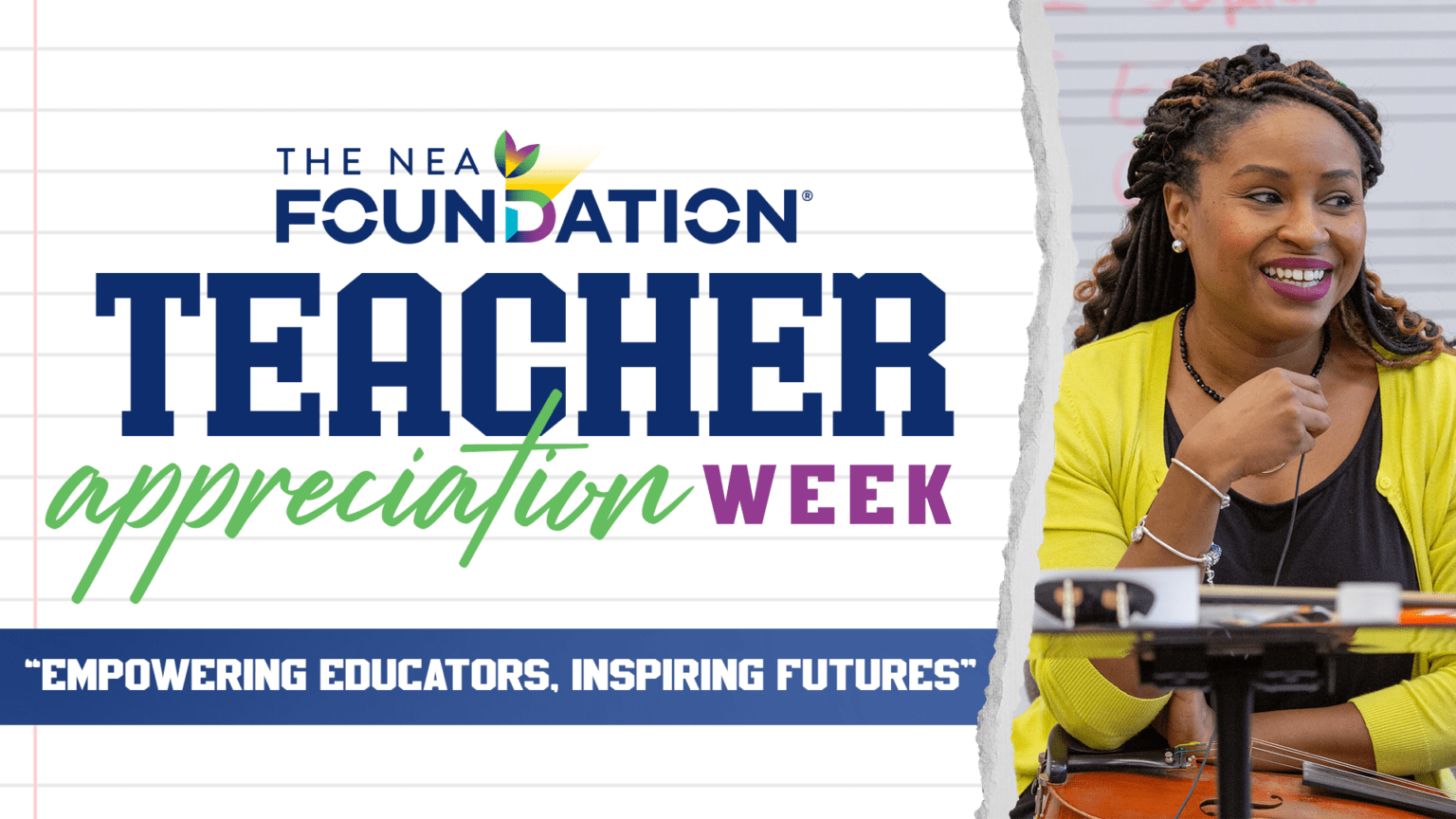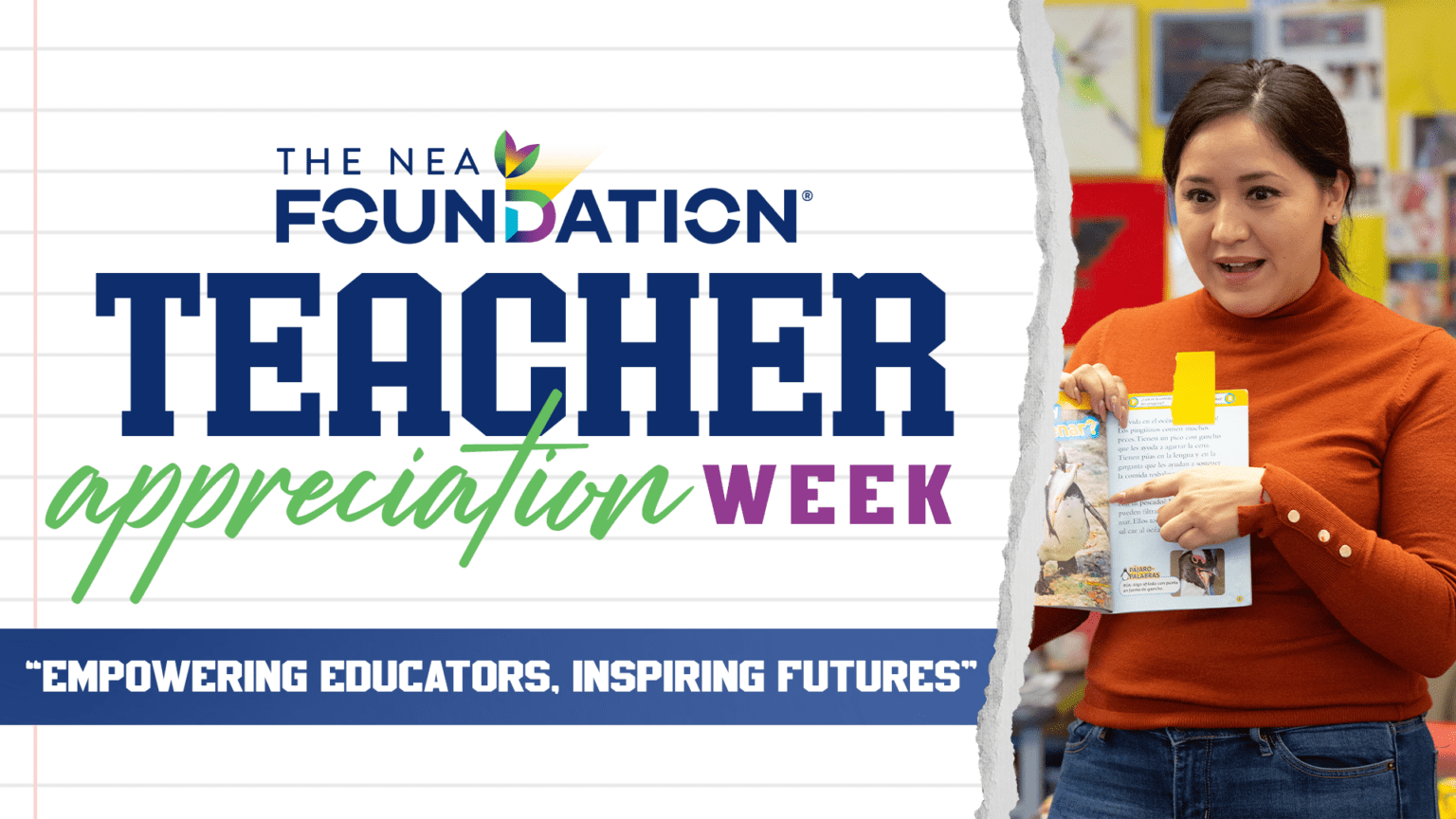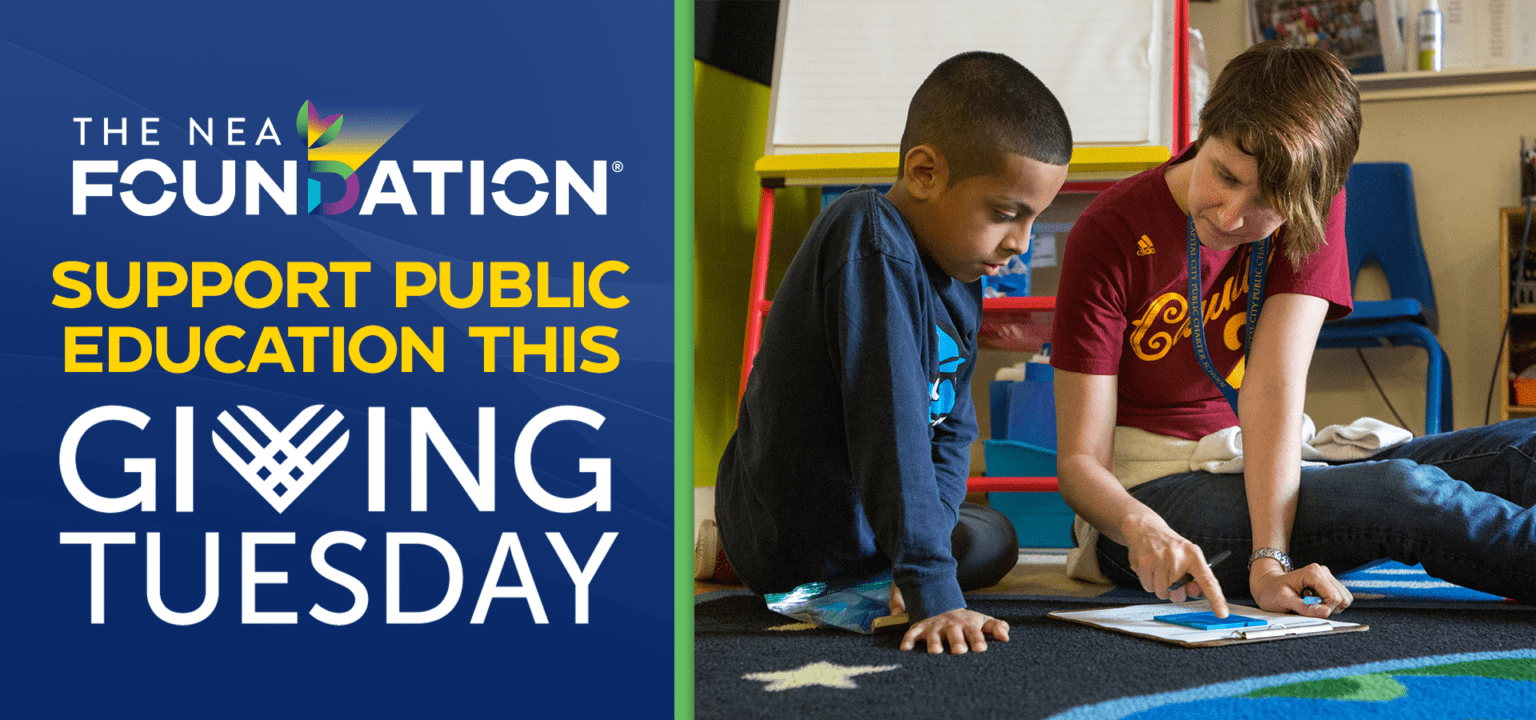By Erlynn S. Kirsch
2014 Global Learning Fellow and social studies educator at Mary Ellen Henderson Middle School in Falls Church, VA
 “It’s impossible to get any good service around here!” Well, China seems to be fixing the problem…
“It’s impossible to get any good service around here!” Well, China seems to be fixing the problem…
In June, and as part of the NEA Foundation Global Learning Fellowship, I was privileged to spend a week in China with a wonderful group of educators. We spent a lot of time researching the educational systems of our two countries, discovering the many differences and similarities.
We talked about the direction public education is headed and continued to weigh the impacts of testing and the new, added emphasis on developing critical thinkers, problem solvers, and competent service providers.
I was pleasantly surprised to find my Chinese counterparts sharing similar struggles with large class sizes, digitally distracted learners, long hours, pressure to meet standards with decreasing contact hours with our students, and overall burn out. While at the same time we were able to revel in the joys found at the heart of teaching; reaching students and helping to unlock hidden interests and enjoying the fulfillment of student success.
What made me question my own way of thinking was our visit to a Beijing vocational school. In China, eighth grade students take a standardized exam— the results of which send them on a college-prep path or a vocational one. The exam determines at this young age what type of high school they will attend, and although there are some exceptions, what employment opportunities are open to them.
My discussion here, however, is not the lack of opportunity or freedom in the Chinese or the United States model, but rather the preparedness for highly-skilled, service-oriented jobs that China is growing its focus on. A comment during the visit that China has created “too many businessmen” had me recognizing our own shortcomings, as well as values we place on different jobs.
Our own educational culture is to push students to their peak potential and, in essence, a high paying job. While not all would fault the system for doing so, it has placed separate value on jobs of academia vs. jobs of service.
American public schools are pressured to achieve high graduation rates, putting stress on teachers and ultimately the students to perform to a standard that may or may not be within their ability or even inclination to achieve. Students are pushed into the college-prep path because it is best for the school and not necessarily best for the child.

Vocational programs continue to lose funding in difficult economic times and the price paid is that students not on the college path are now also lacking the skills to enter the service workforce. Those students may never have the chance to pursue a true interest. We, like China, are now finding ourselves with too many college graduates without jobs, and not enough qualified service workers.

In an American fast food restaurant, it would not be uncommon to find oneself waiting on a slow moving line or receiving an incorrect order. Comparatively, I have never received service like I did in a KFC in Xi’an, China. We were directed to a table, given a menu in English, and a waitress who spoke some English took our order, returned with food, and cashed us out at our table all with a sincere willingness to help as we divided our check and counted in a foreign currency.
It took years to create a testing culture in American public schools, and likewise, it will take years to reverse the model. Unless we also see the value in all levels of society in reference to careers, we will continue to do a disservice to our students.
Along with creating sharp thinkers who are culturally and globally competent, we also must provide our students with the skills need to perform in a working environment that they will not only be prepared for, but will find enjoyment and success in.
Subscribe to the NEA Foundation’s blog to receive our series of guest blogs from the 2014 Global Learning Fellows about their experience in Beijing and Xi’an, China.

